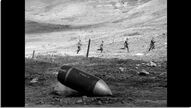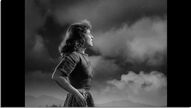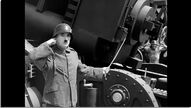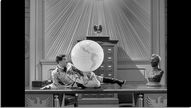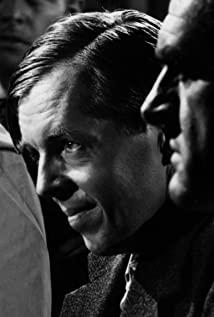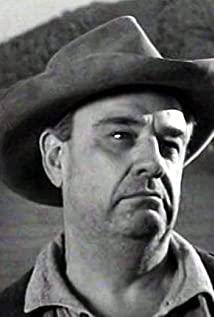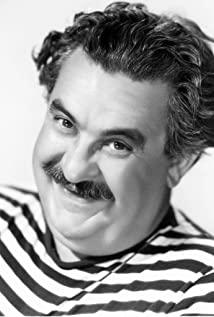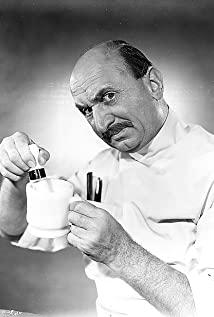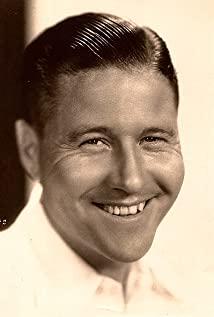The Great Dictator is a film directed and starred by Charlie Chaplin. Premiered in 1940, it poignantly satirized Nazism and Adolf Hitler. The climax of the play is at the end, when he openly calls for a political confrontation with fascism.
What makes the film special is that it was released in a time before the United States entered World War II and the United States was still on good terms with Nazi Germany. Before the panic over Nazism had fully erupted, Chaplin's work was already shocking, condemning Hitler, fascism, militarism and Nazism. He said at the end of the film: "Robots have only mechanical minds and mechanical hearts!" (Machine men, with machine minds and machine hearts.). The film was Chaplin's first sound film and one of his best-grossing plays.
2. Analysis of the background of the times
At this time, the Nazis had launched the Second World War, and the situation in the United States was not optimistic at that time. The domestic Nazism groups were as vigorous as those in Germany. The right-wing anti-communist forces in the government also repeatedly launched "investigations" on Chaplin, but Chaplin was unmoved. In fact, Chaplin invested his own $1.5 million in the film, taking a desperate approach. The film was a huge box office success, but it didn't win an Oscar.
The film selected the World War II Jewish Holocaust, the most famous massacre in history, as the theme, which caused a great sensation in the United States at that time.
The protagonist is a Jewish barber who has been recuperating in the hospital for 20 years because of the injuries caused by his participation in the war. The isolated life in the hospital makes him unaware of the changes that Germany has undergone during this long period and the dangerous situation the Jews were in at that time. After he was discharged from the hospital, it caused a lot of disputes. Meanwhile, on the other side of the city, the exaggerated speeches of the lookalike dictator Hitler were like a flamboyant show, always able to stir the hearts of thousands of Germans.
However, Hitler decided to kill only for his own selfish desires, ordering the whole country to slaughter Jews.
With tears in laughter, the various actions of Hitler and Mussolini competing with each other are even more unbearable. This also satirizes the open and secret struggle between the decision-makers of the two regimes during World War II. Although Chaplin made the villains less cruel and bloody, they still retained their ruthless character profiles.
At the end of the story, the barber was mistaken for a dictator because of a misunderstanding and gave an important speech in his place. The bloodthirsty and warlike Heatley therefore issued a declaration of freedom, equality and peace in front of the eyes of the world.
This reflects the position and attitude of the director himself, and therefore, it is very eye-catching in such a time and space background.
Who would want war? Think of "Les Miserables", the sacrifice of revolutionaries led to the establishment of a new regime, but does this guarantee that it will not be the beginning of another corruption? How can blood be exchanged for peace and stability? Is there a meaning behind the war, or is it just a deliberate operation by ambitious politicians?
It was difficult when Chaplin made this film. Since World War II was in full swing at the time, the sensitivity and sharpness of the subject matter of "The Great Dictator" was destined to make it the focus of controversy. But Chaplin still defied all odds and finished the film with infinite courage.
From the content of the film to Chaplin's shooting skills, from the shooting skills to his personal interpretation, and his personal characteristics of expressing himself and conveying ideas, he can be regarded as a model in the film industry, and it is also worthy of becoming a teacher in the future. We learn to guide students to work on their self-diagnosis ability.
View more about The Great Dictator reviews



